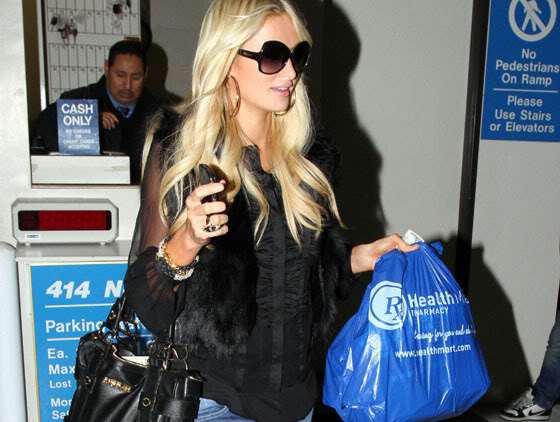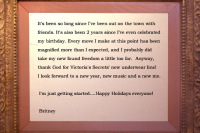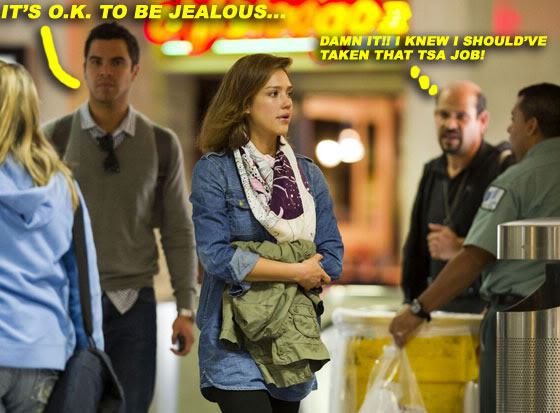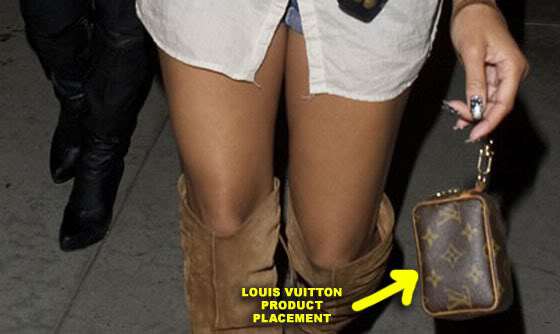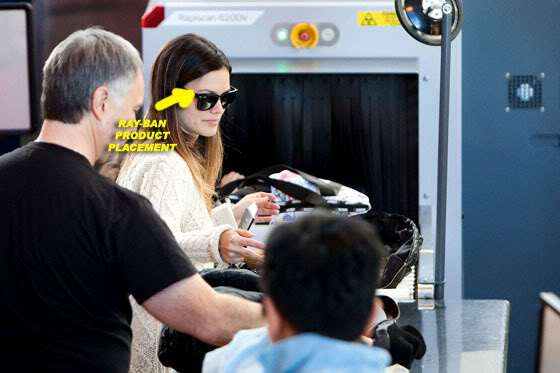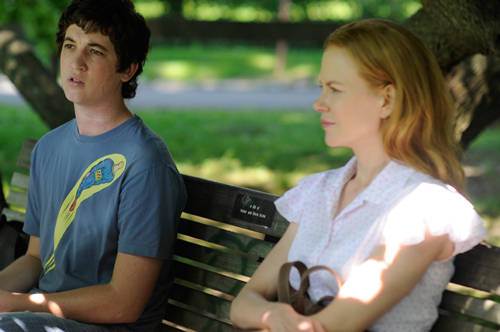
Rabbit Hole is one of those films that will either leave you incredibly moved or incredibly perplexed. It is, essentially, a story of coming to terms with grief, the grief in this situation being the devastation that falls upon Becca (Nicole Kidman) and Howie (Aaron Eckhart) after the death of their four-year-old son who is killed by a teenage driver. The dilemma here, however, is not simply that their lives have been devastated; it’s that Becca and Howie want to grieve in very different ways. Becca is the more austere mourner: she spends most of her day trying to fill the void of time left by the things she used to do for her son. Preparing meals and taking trips to the park have been replaced by baking cakes for her sister’s birthday and finding ways to minimize her dead son’s presence in their home. Howie, meanwhile, still travels with his son’s carseat in the back of his car, fills his office with pictures of his son and tells perfect strangers about how he still half expects his son to pop out and smother him with hugs and kisses.
This disparity in grieving is nowhere more pronounced than in group therapy. Becca hates group therapy because it’s populated with ‘God freaks’ who console themselves by believing that God took their loved ones because ‘He needed another angel in Heaven.’ Becca’s retort? ‘Why didn’t he just make another angel? I mean’s he’s God!’
The disparity also rears its head when Becca reaches out to Jason (Miles Teller), the teenager who accidentally hit and killed her son with his car. Becca stalks Jason surreptitiously, following his school bus every afternoon, working up the nerve to talk to him until she finally runs into him, face to face. The two begin to build a rapport of which Howie is completely ignorant; he has, after all, begun to pursue a flirtatious friendship with Gaby, the leader of group therapy (Sandra Oh).
While some will find the way in which the couple reacts to each other’s preferred mode of mourning frankly perplexing, others will look beyond the mechanics of the situation and accept what the film is trying to impart: that words like “closure” and “moving on” are just that – words. Nothing can ever really heal the pain of losing a child, the film tells us. The pain simply becomes less torturous as time passes, but it remains painful. As Becca’s mother (who loses her son to a drug overdose) tells Becca in naked terms: “At some point, it becomes bearable, and you forget about it for a while. But it’s what you’ve got instead of your son, so you carry it around.” Living with Death as a part of Life is perhaps the best Becca can hope for.
Like this:
Like Loading...
